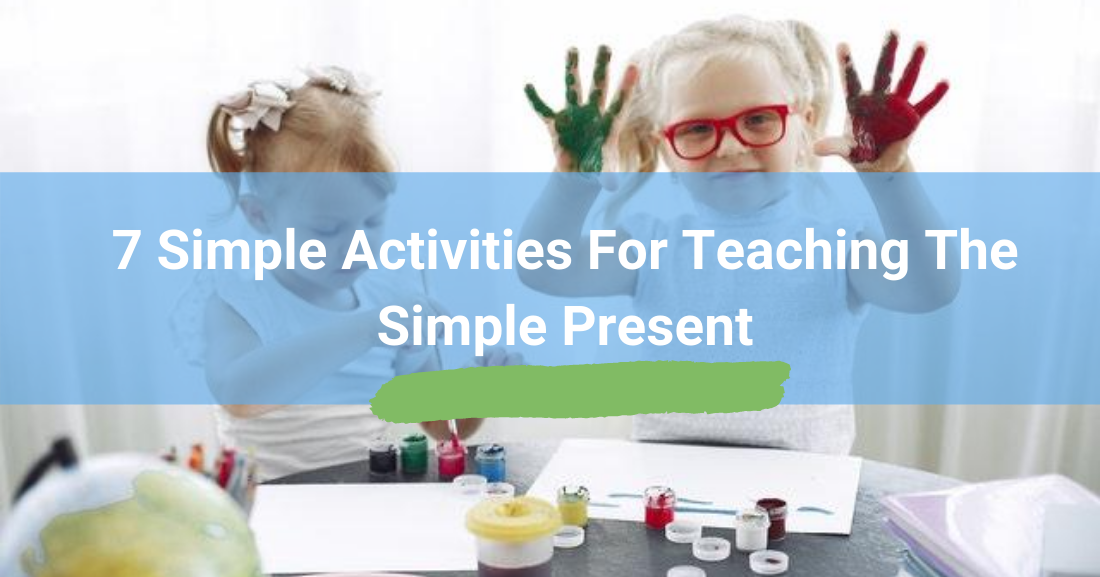
Try These 7 Simple Activities for Teaching the Simple Present
-
1
Daily Routine
Have your students talk to one another about their daily routines. What do they do in the morning? What do they do in the afternoon? Evening? Have them write out a schedule for the day to collect their ideas before talking about them with a classmate.
-
2
Cultural Norms
Give your students a chance to share some of their culture as your class studies the simple present. Have them finish this sentence: People in my country… This is also a good chance to introduce some adverbs like ‘usually’, ‘typically’ or ‘often’. You can also practice negative sentences or negative adverbs (never, rarely, infrequently) with this activity.
-
3
Classmate Interviews
Your students can get to know each other while they practice using the present tense. Have pairs of students ask questions about the hobbies and interests of their partner. Then, have each person introduce their partner to the rest of the class. This is a good time to practice using questions in the present tense.
-

-
4
ESP (Extraordinary Sensory Perceptions)
Sensory observations are always stated in the simple present. Have your students observe their surroundings in your classroom or at home. If possible, students should note their surroundings in regards to all five senses like:
- Sight
- Hearing
- Feel
- Touch
- Taste
-
5
Where Am I?
Let your students use their imaginations as they practice the simple present. Students picture a place that they would like to visit, and they write five sensory statements as if they were at that place. Then, have your other students guess where their classmate is. They should ask questions following this pattern: Are you ______________? Their questions should also be in the simple present. Now is a good time to review the different uses of at/on/in when used to describe locations.
-
6
BINGO
Brainstorm a list of get to know you questions with your class. Include questions such as these: Do you like to cook? Do you speak Spanish? Do you drive a car? Write the questions on the board, and give each student a five by five grid. The center square is free; students should randomly put a question in each of the other squares. On your signal, students mingle asking each classmate one question and then moving on to another. If someone answers ‘yes’ to a question in the grid, he writes his name in the square. The first person with five squares in a row wins.
-
7
Weekend Party
What do your students do on the weekend? Find out by asking everyone to share his or her favorite weekend activities with the class. If you like, have students write a paragraph about their ideal weekend.
P.S. If you enjoyed this article, please help spread it by clicking one of those sharing buttons below. And if you are interested in more, you should follow our Facebook page where we share more about creative, non-boring ways to teach English.







